SDG'S Sustainability Initiatives
Almeirah gives extra emphasis on sustainable practices that are in line with Global SDGs.
These practices include zero hunger (SDG 2), clean water and sanitation (SDG 6), responsible consumption and production (SDG 12), climate action (SDG 13), and life on land (SDG 15). Here are some sustainable practices for rice production in line with these goals:
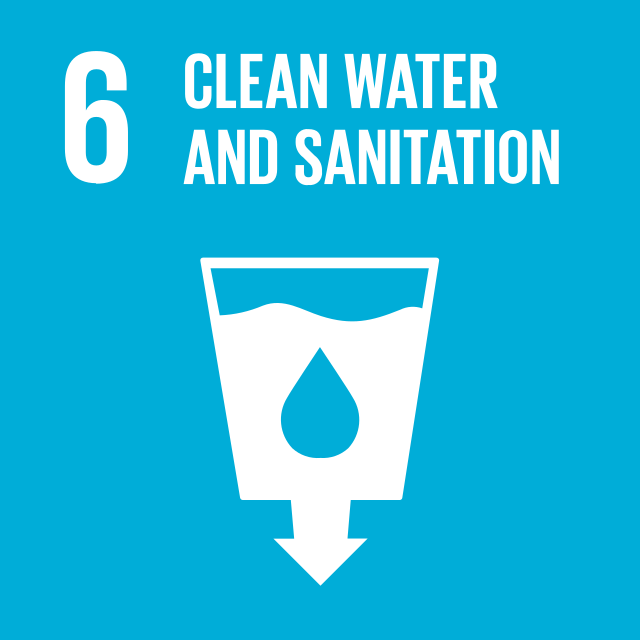
Water Management
Implementing water-efficient irrigation techniques such as drip irrigation, alternate wetting and drying (AWD), and laser leveling reduces water usage, contributing to SDG 6 (clean water and sanitation) and SDG 13 (climate action).
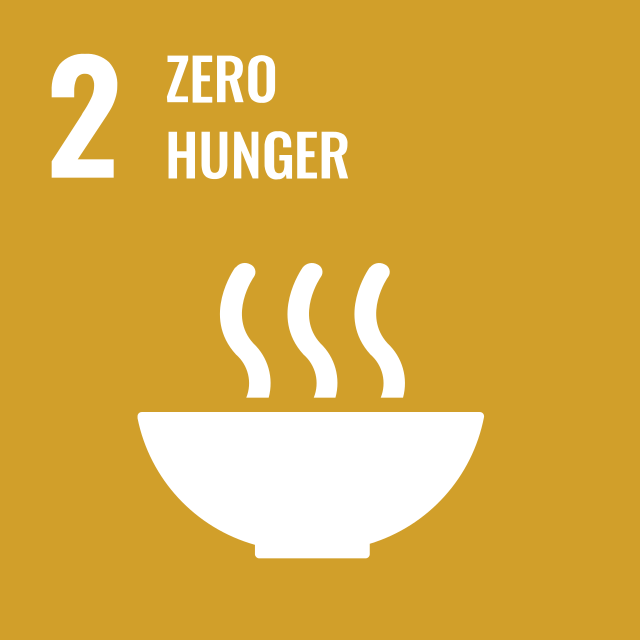
Agro-ecological Farming
Embracing agroecological principles, including crop rotation, agroforestry, and integrated pest management (IPM), promotes biodiversity, soil health, and resilience to climate change, supporting SDG 15 (life on land) and SDG 2 (zero hunger).
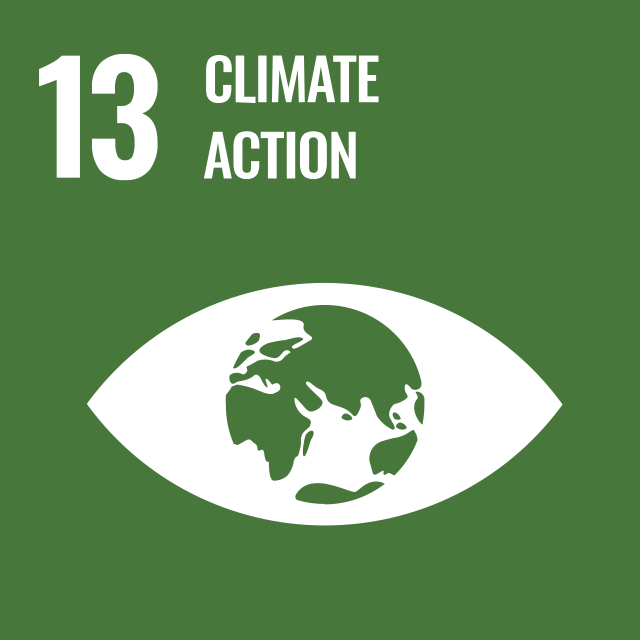
Reducing Greenhouse Gas Emissions
Adopting practices such as methane capture from rice paddies, zero tillage, and organic farming methods helps mitigate greenhouse gas emissions, aligning with SDG 13 (climate action).
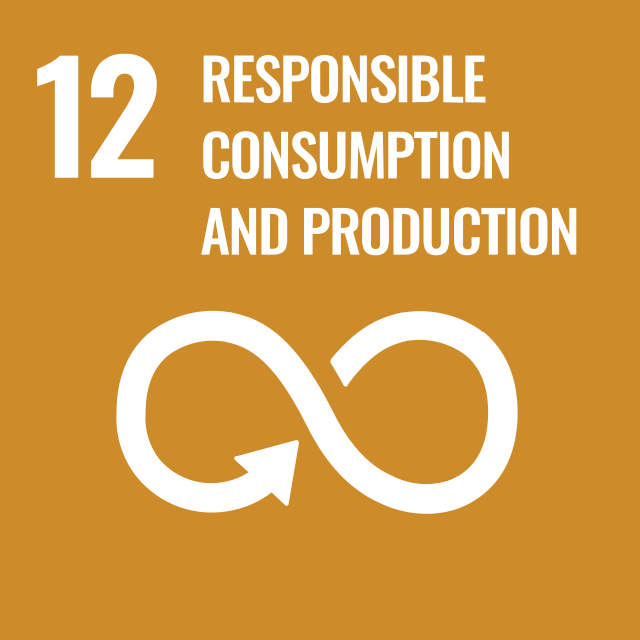
Efficient Fertilizer Use
Optimize fertilizer application through soil testing, precision agriculture, and organic amendments to minimize nutrient runoff and pollution, contributing to SDG 12 (responsible consumption and production).
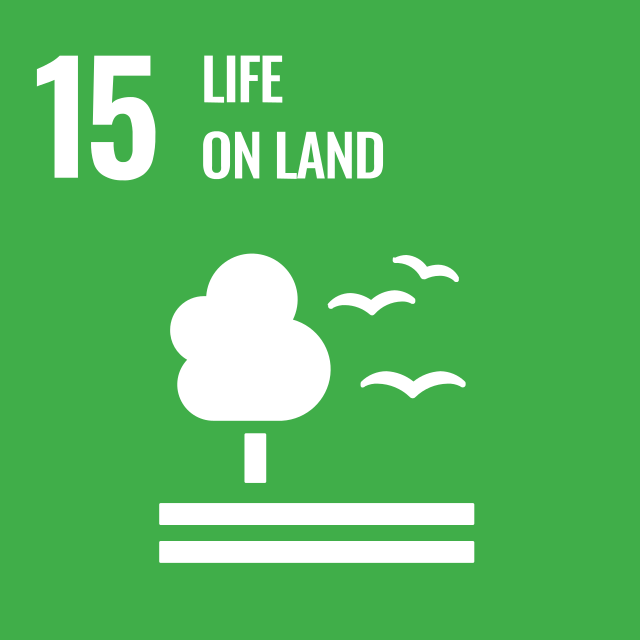
Biodiversity Conservation
Protecting and enhancing natural habitats within and around rice fields promotes biodiversity conservation, supporting SDG 15 (life on land) and ecosystem resilience.
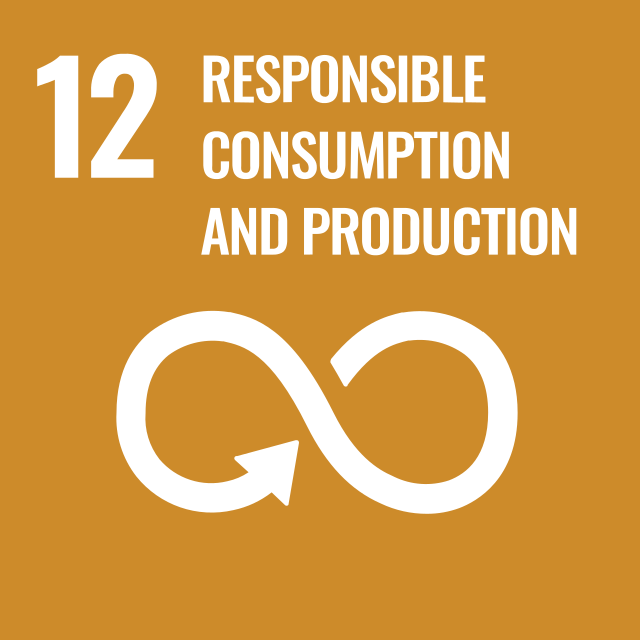
Certifications and Standards
Obtain certifications such as organic, Fair Trade, or Rainforest Alliance to demonstrate compliance with sustainability standards and meet consumer demand for ethically sourced products, supporting SDG 12 (responsible consumption and production).

Community Engagement
Engage local communities in decision-making processes, provide training on sustainable farming practices, and support farmer cooperatives to enhance social equity and rural development, contributing to SDG 2 (zero hunger) and SDG 12 (responsible consumption and production).

Waste Management
Implement proper waste management practices, such as composting crop residues and reducing plastic usage, to minimize environmental pollution and contribute to SDG 12 (responsible consumption and production).
By adopting these sustainable practices, rice producers can contribute to achieving multiple Sustainable Development Goals while ensuring the long-term viability of rice production systems and promoting environmental and social sustainability.